Prairie Green landfill: excavation, sifting through materials begins at search facility
Posted December 2, 2024 12:07 pm.
Excavation of the targeted zone and sifting through materials began at the Prairie Green landfill Monday morning, marking the beginning of the fourth stage in the search for the remains of Morgan Harris and Marcedes Myran.
The first truck carrying material from the search zone made its way to the on-site search facility at 10:01 a.m., Manitoba Premier Wab Kinew said at a press conference, where searchers are manually sifting through it with rakes and their glove-covered hands.
Items being excavated — dates on receipts, newspapers expiry dates, for instance — suggest the targeted search area is the correct one based on the timeline; Winnipeg police believe the remains of the two Indigenous women were sent to the landfill between May 9-21, 2022.
Much of the refuse has been compacted, meaning decomposition was slowed down.
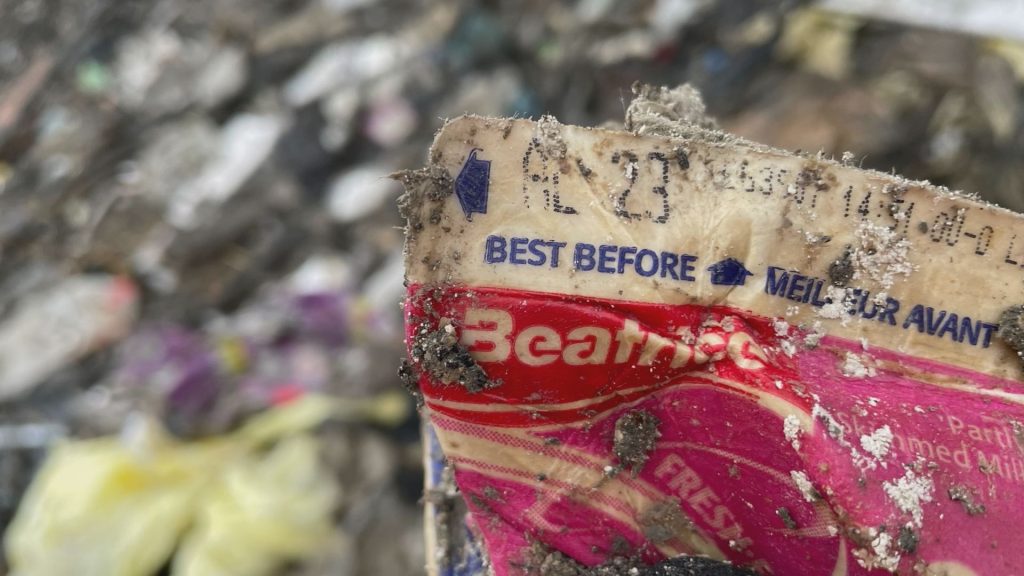
“We are expecting that if we do find remains, there may be a possibility of soft tissue still intact as well,” said Amna Mackin, project manager on the search.
Stage four of the search, which the Manitoba premier says is on budget, is expected to last until spring 2025 and could see some 20,000 cubic metres of waste excavated and sifted through. The province hired 45 search team members, who work in shifts six days a week.
If the remains of Harris and Myran are not found by the end of stage four, officials will determine if additional searching is needed — including digging deeper within the landfill cells, or going back to previously excavated material.
Family members of Harris and Myran were at the landfill north of Winnipeg Monday morning and witnessed the first truckload being driven to the search facility.
“It is an intense emotion that you feel standing on that site with those families,” Kinew described. “And I just want to say on behalf of the people of Manitoba that we are making this effort to find your loved ones, and I hope that you know that you are loved and valued, and that Morgan and Mercedes are loved and valued.
“And to all people in Manitoba who watched this whole journey unfold in a very public way, I want us to say that this is a value statement about who we are as Manitobans. We are a province where if somebody goes missing, we go looking.”
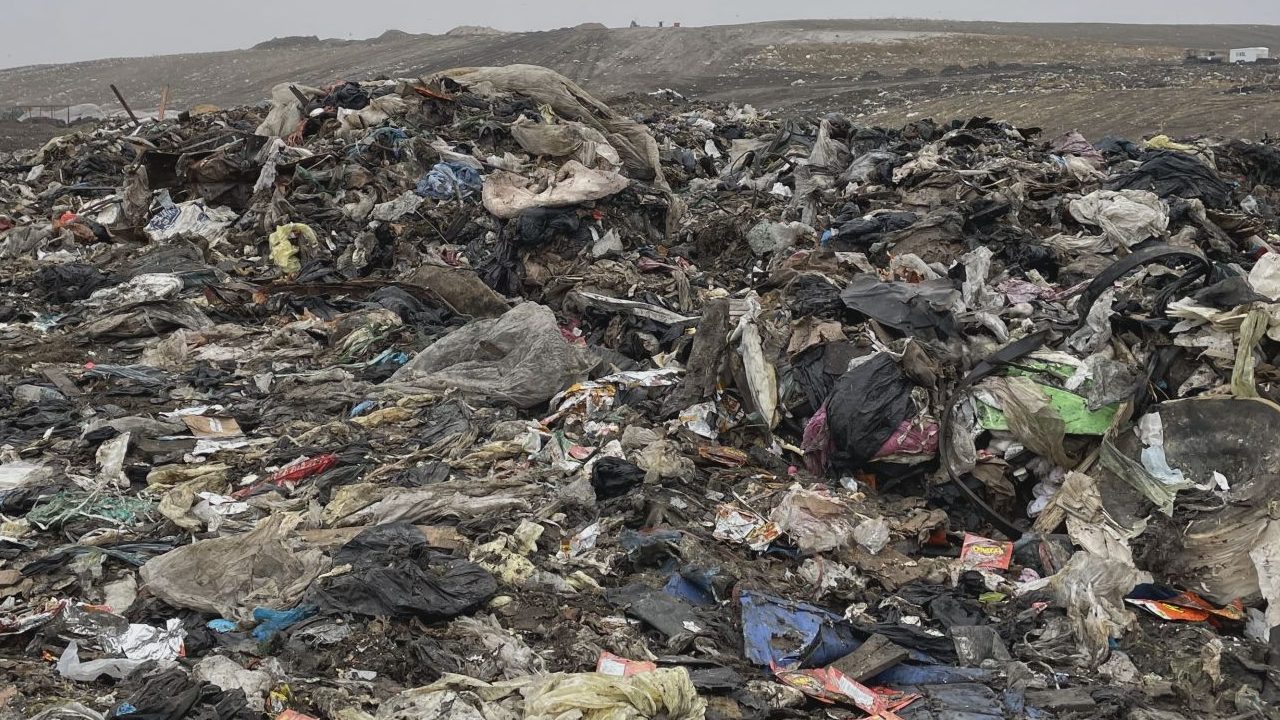
Jeremy Skibicki is serving a life sentence for first-degree murder in the killings of Harris, Myran and two other Indigenous women. Court heard he disposed of their bodies in garbage bins. The remains of Rebecca Contois were found in a different landfill and an unidentified woman, who an Indigenous grassroots community named Buffalo Woman, has not been located.
The Prairie Green search entered its third phase in October, when excavators began moving material above the targeted search zone at the landfill. During that stage, 18,900 tonnes of material — some of it with asbestos — were moved from layers above the zone of interest.
Kinew said the asbestos material was “moved safely and without issue,” and that workers are always meticulously fitted with personal protective equipment.
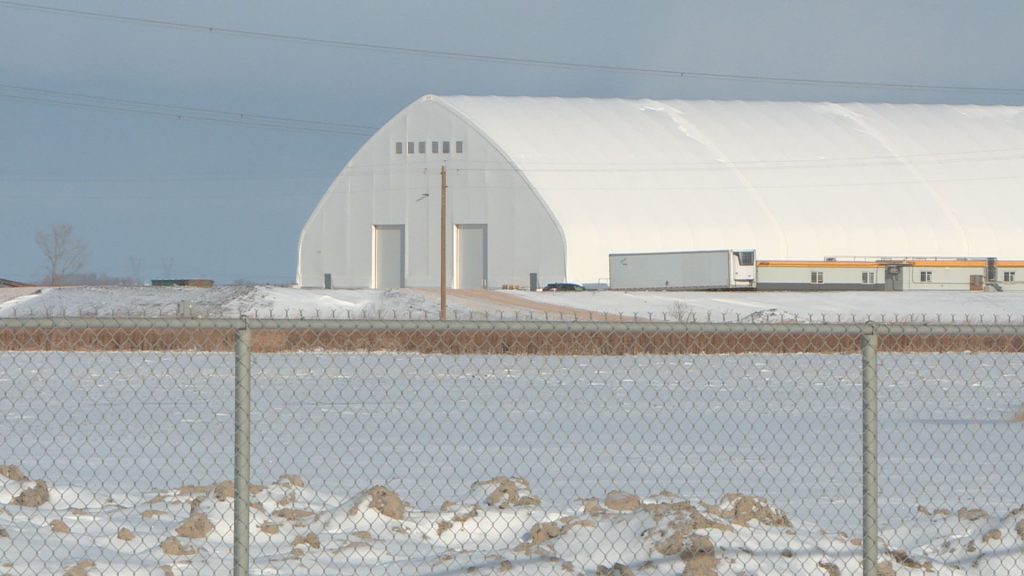
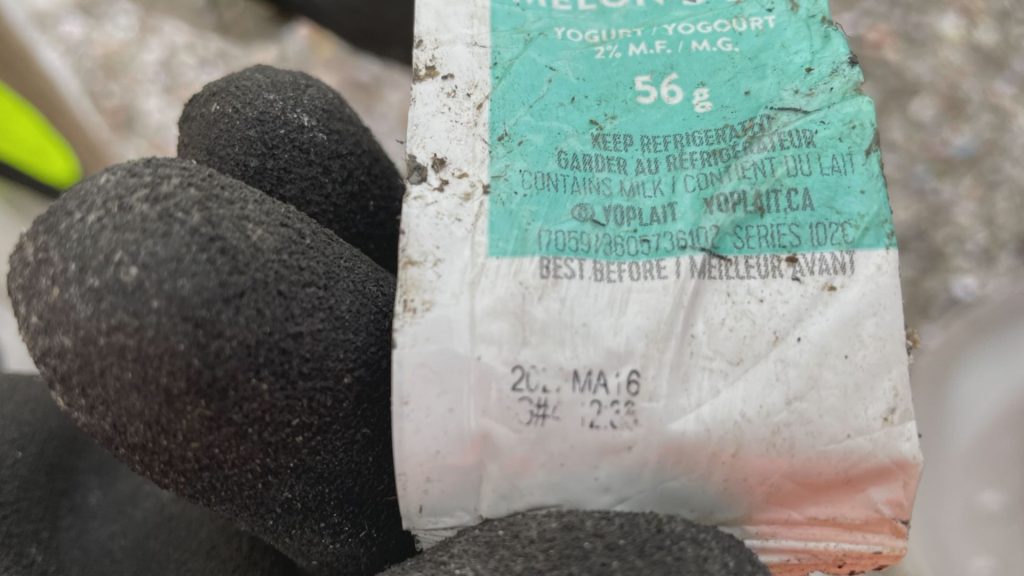
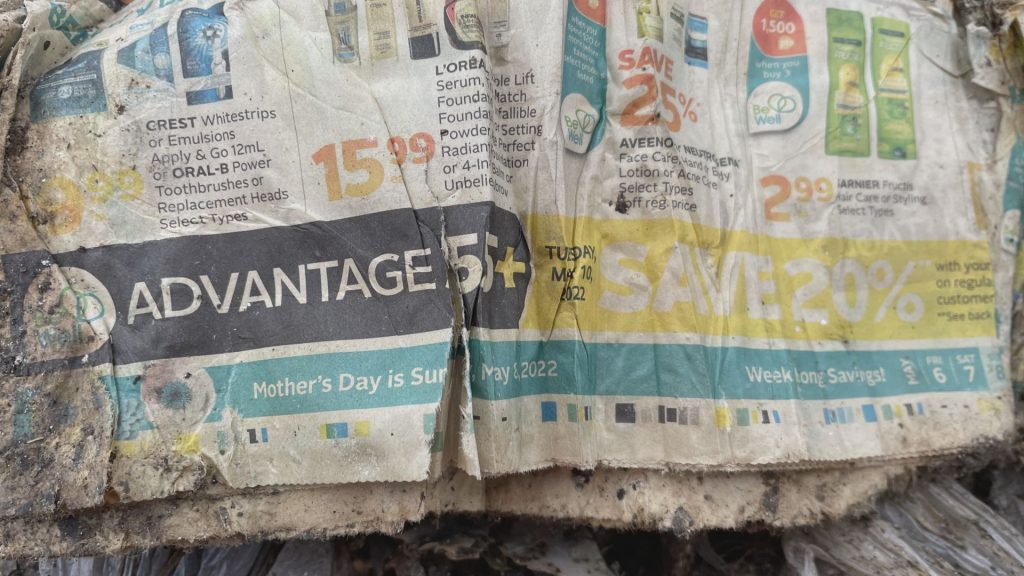
At Monday’s press conference, the Manitoba NDP leader took aim at the previous Progressive Conservative government of Heather Stefanson for not greenlighting the search.
“Along the way, everything that was previously proffered as an excuse, I think, has been systematically disproven when people tried to argue against searching the landfill,” Kinew said. “We’re delivering this on budget. We’re delivering this with the utmost safety for the workers. We have managed the asbestos situation without issue. We are identifying material at the level in the proper date range and in a good enough condition for us to be able to know what we’re talking about here.
“And so while I am professionally obligated to remind everyone that we don’t know what the odds of this situation being successful are in terms of recovering the remains of Morgan and Marcedes, we can say with confidence that we have a chance for this search to succeed. So no matter what lies ahead, we can say that we tried and we made the effort for these families, which is very significant.”
The provincial and federal governments each committed in March to providing $20 million to fund the search.
–With files from The Canadian Press








